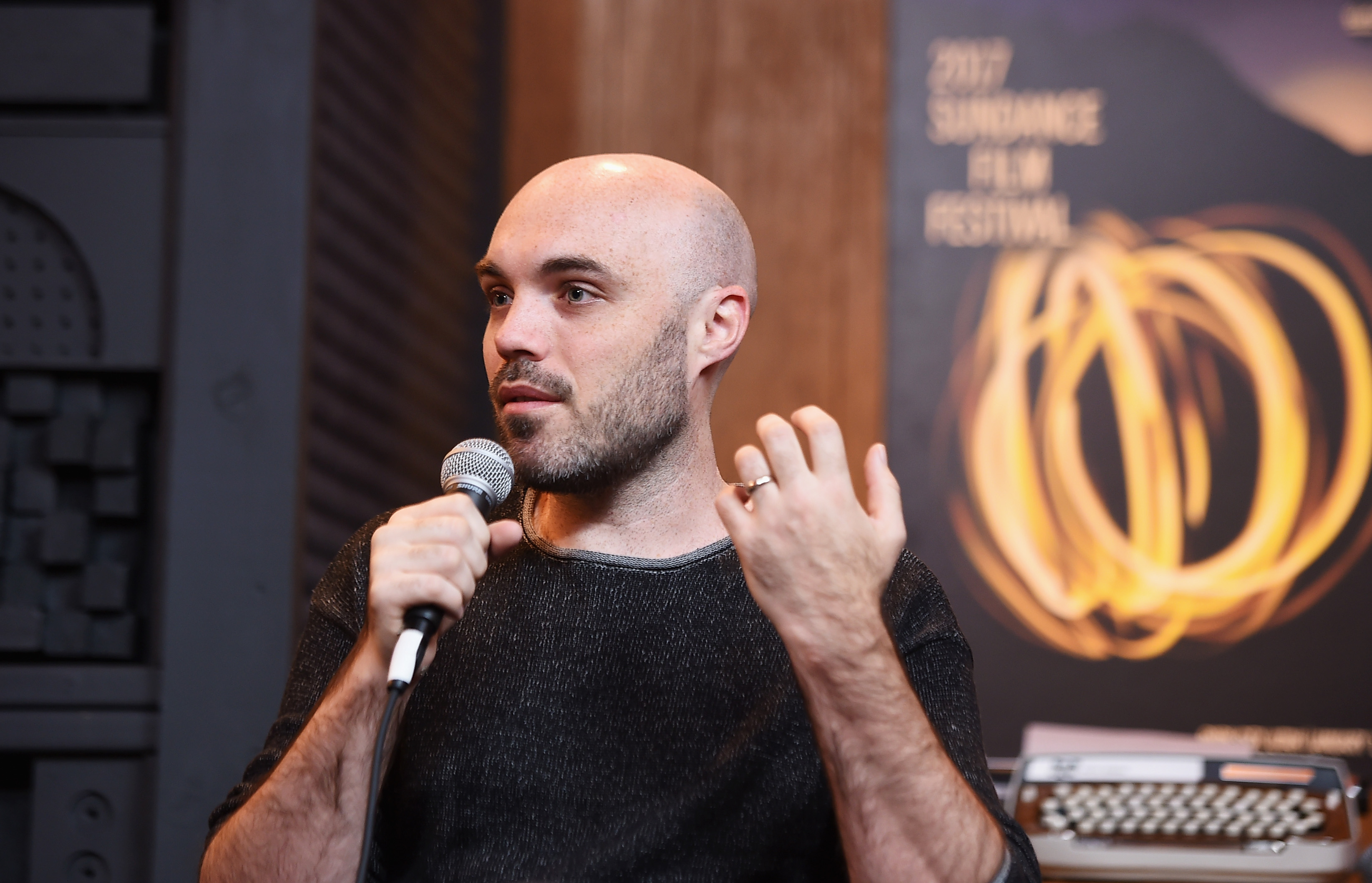‘The Green Knight’: David Lowery Wanted to Give the Film a ‘Happy Ending’
You’ve heard of the Oscars, but have you heard of the Isaacs? The Isaac Awards, in honor of the great Oscar Isaac, are Showbiz Cheat Sheet’s unique spin on the Academy Awards. However, the Isaac Awards are different from the Oscars in that they celebrate the best movies of 2021 that deserve recognition but will not receive that recognition through Oscar nods. The 2022 Isaac Awards feature five categories: Best Performance, Best Scene-Stealer, Best Crowd-Pleasing Moment, Best Action Sequence, and Fan-Favorite Movie. Voting will be open via this form from March 7-20. Winners will be announced on March 24.
The Green Knight is based on the classic 14th-century story, Sir Gawain and the Green Knight. While the film and story are mostly similar, there are some differences, especially the ending. Director David Lowery says that he wanted a “happy ending,” despite the ending’s meaning being inherently negative.
‘The Green Knight’ has a different ending than the original story

The story in The Green Knight remains similar to the original text. Gawain is on a journey to find the green knight. After chopping off his head, Gawain must seek him out to receive the same blow. Throughout his journey, Gawain encounters a myriad of vicious thieves and magical creatures. In one location, he stays with a lord (Joel Edgerton) whose wife (Alicia Vikander) offers him a girdle that will protect him from any harm. He accepts the girdle and rides off to find the green knight.
In the original story, Gawain flinches a couple times but never takes off the girdle, only taking a small nip to the neck. The knight lets him go and Gawain lives in shame and the other knights wear green girdles to remind themselves of his dishonesty. In the film version, Gawain runs off in cowardice and returns to the kingdom. He abandons his girlfriend and child to become king. He becomes reviled by the land and after losing his kingdom, he takes off the girdle, and his head falls off. This turns out to be a “what if” vision and Gawain decides to die with honor, taking off the girdle. The green knight praises his bravery and says “Now, off with your head” before the film ends.
David Lowery said ‘The Green Knight’ has a ‘happy ending’, despite what this means for Gawain
In an interview with Vanity Fair, Lowery spoke about why he wanted to end The Green Knight this way. The director and writer said that he wanted to write an ending where Gawain getting his head chopped off was a “positive thing.”
“I wanted to write an ending where his head gets chopped off, and that’s a positive thing,” Lowery says. “That’s a happy ending. He faces his fate bravely, and there’s honor and integrity in that. But that doesn’t mean that he’s dead, he’s killed. He received the blow that he was dealt, and all is set right within the universe of the film.”
While it is unfortunate that our hero dies, Lowery emphasizes, throughout The Green Knight, themes of honor and legacy which are incredibly important to knights. He may die, but Gawain’s legacy is one of bravery, instead of dishonor and shame. Gawain desired to be an honorable knight and this ending gives him that title.
Lowery filmed a more ‘explicit’ version of the ending
In the ending of The Green Knight, Lowery doesn’t show Gawain get his head chopped off, but it’s strongly implied by the green knight that it’s going to happen. Lowery told Vanity Fair that he wanted to leave the ending “up to interpretation.”
“If people were to watch a movie in which Dev Patel gets beheaded at the end, they probably would like to leave the theater feeling differently than they do with the more ambiguous version,” Lowery explained. “Even amongst ourselves—Dev, my producers, and I—we all had slightly different ideas about what that ending [means]. If we cut to black, what happens next?”
The Green Knight is available to stream on Showtime and to buy or rent on VOD.
Vote for the 2022 Isaac Awards here now through Sunday, March 20.


